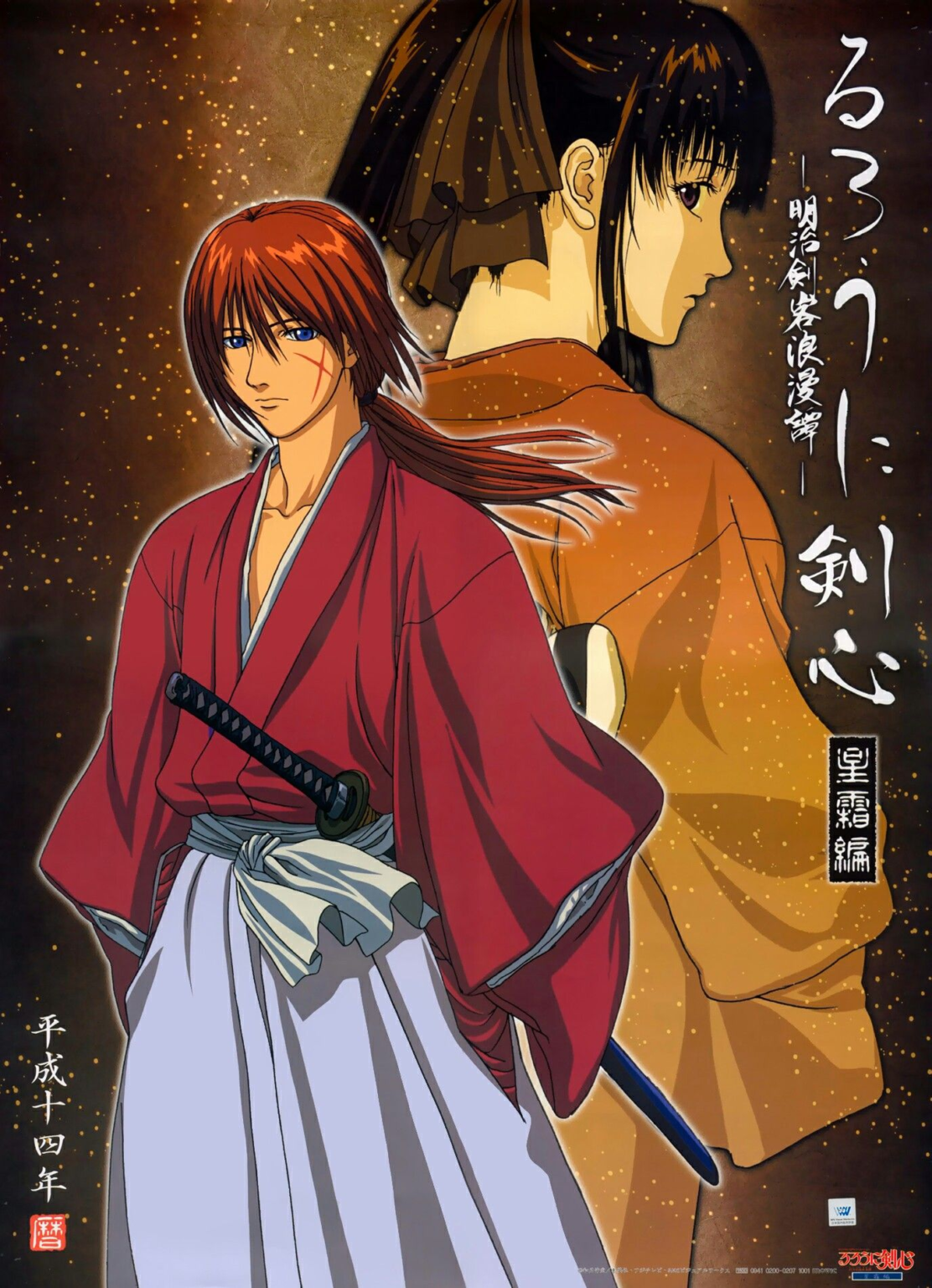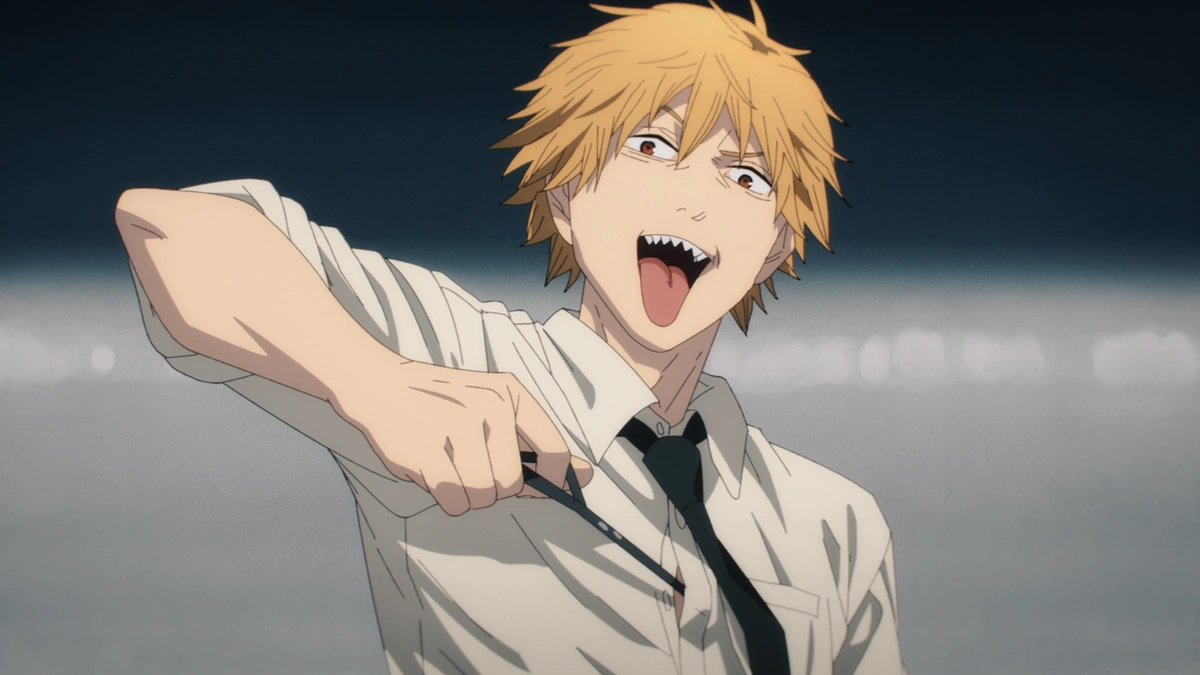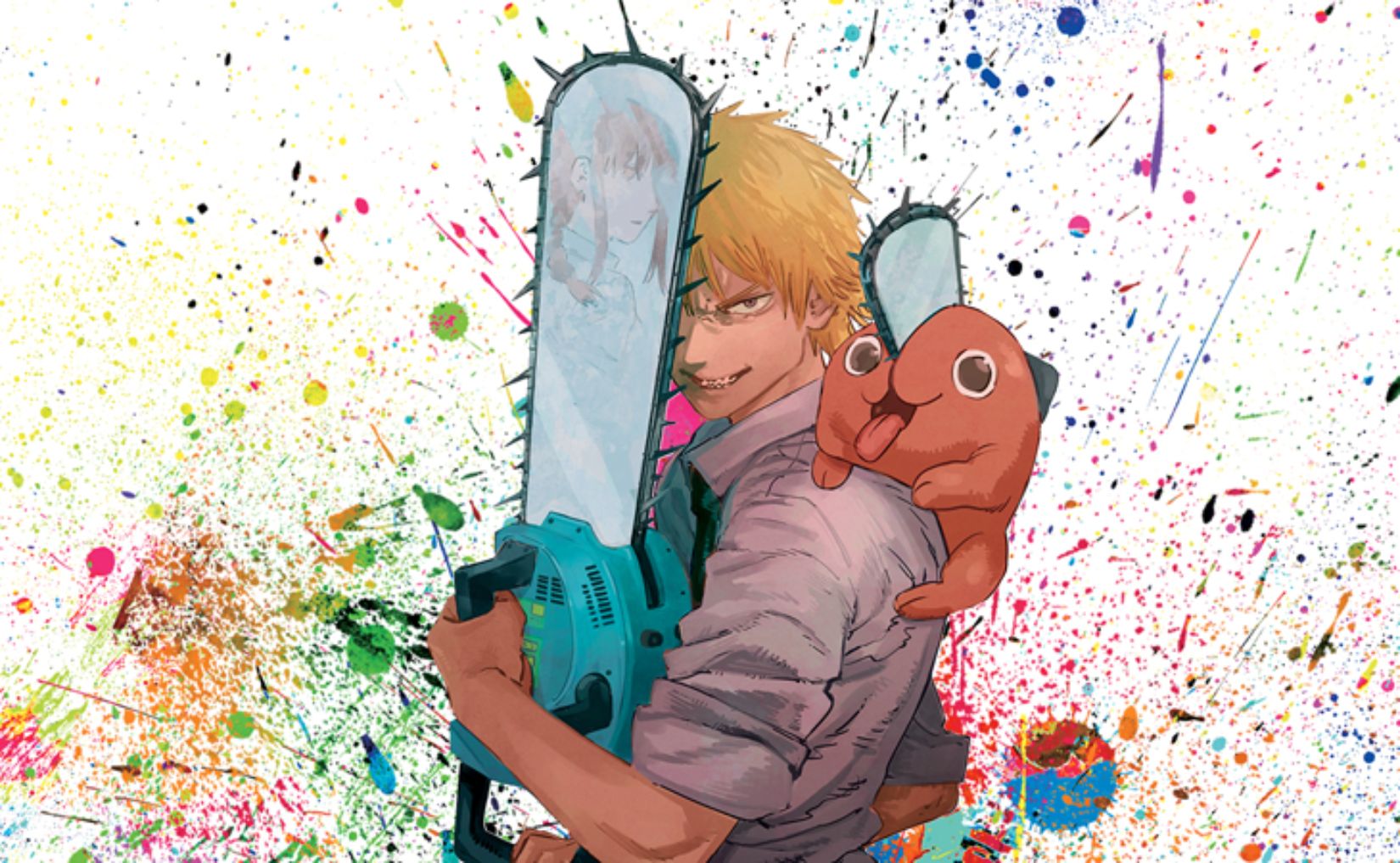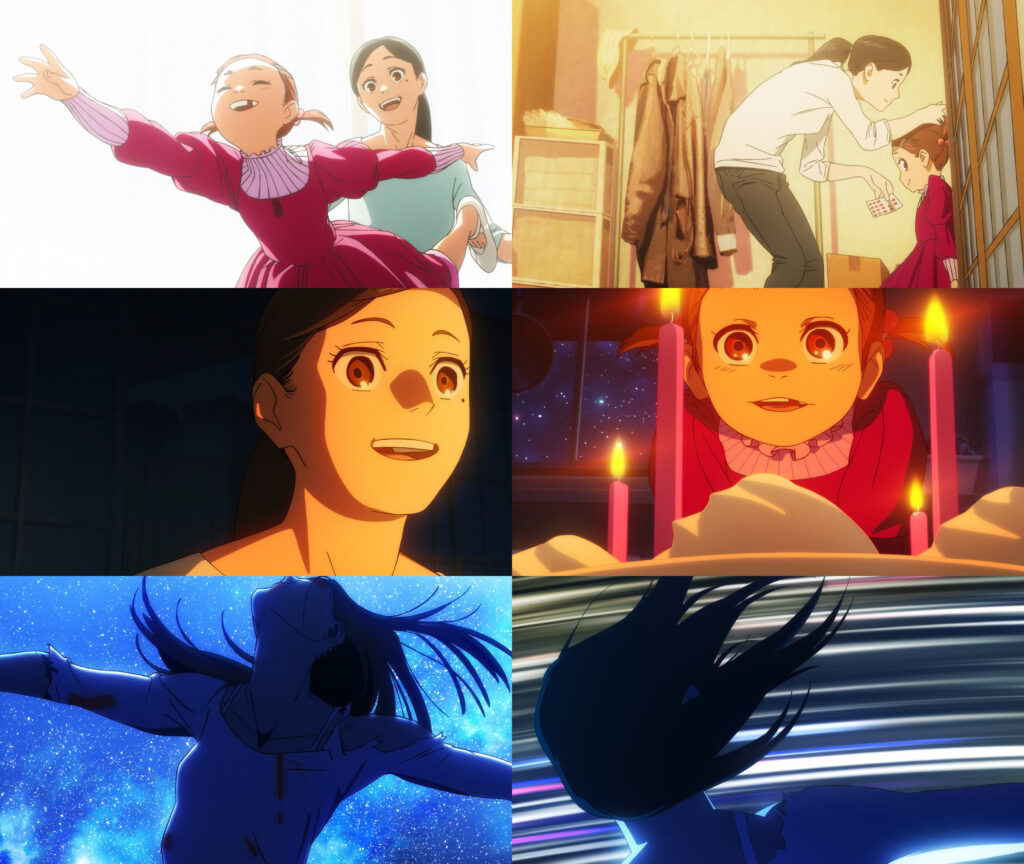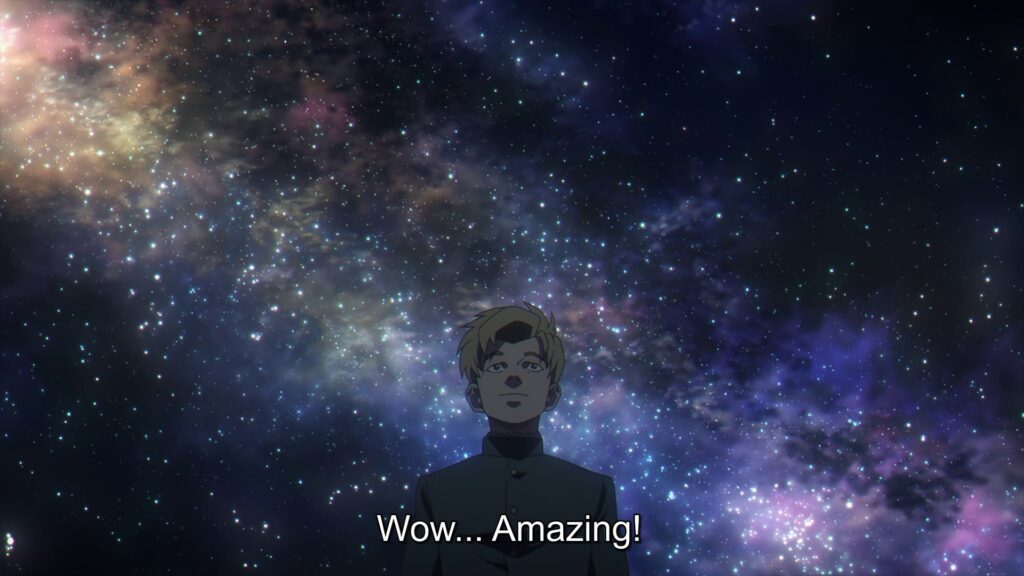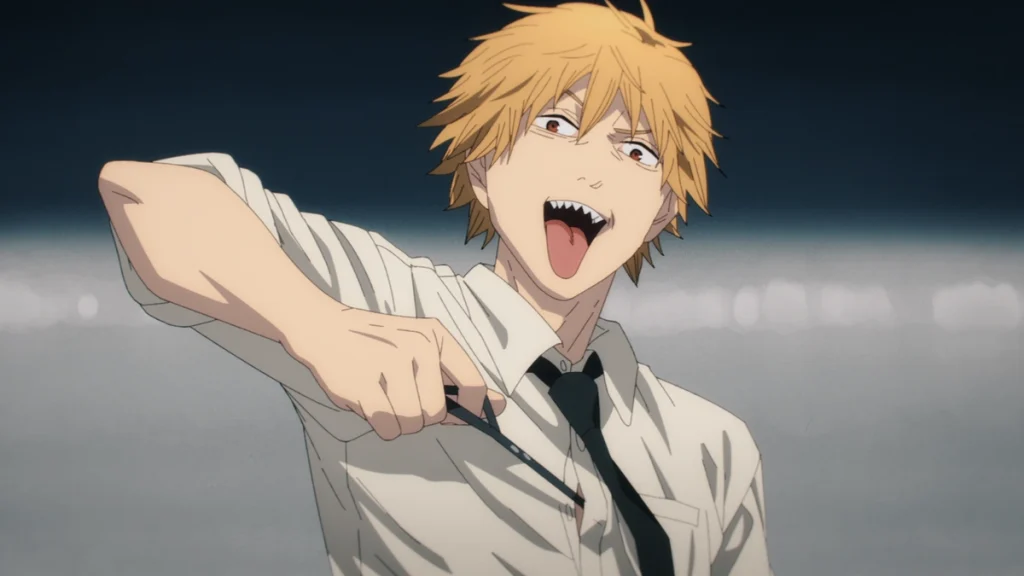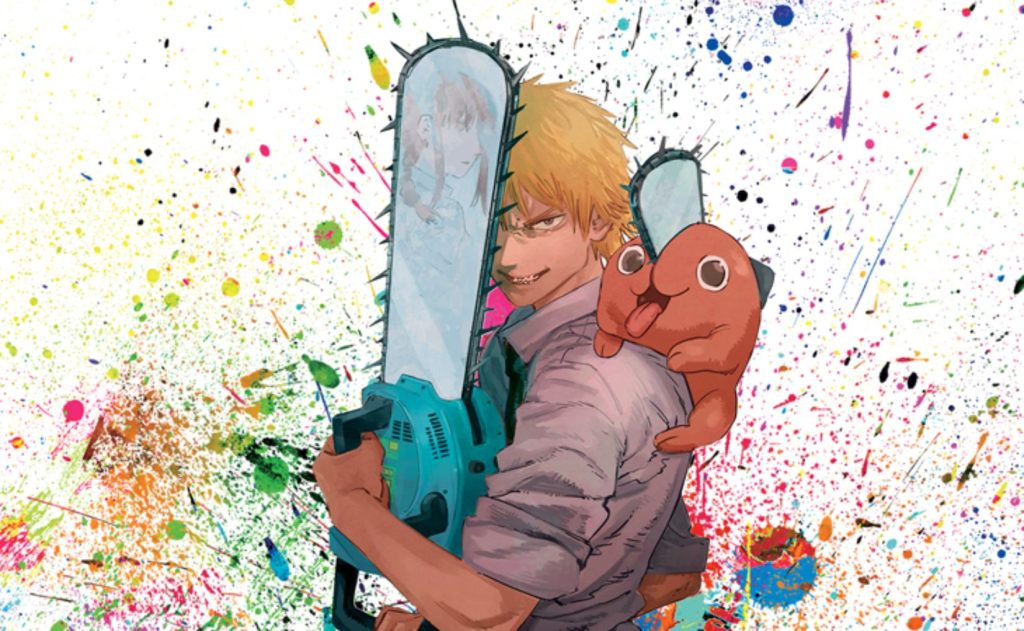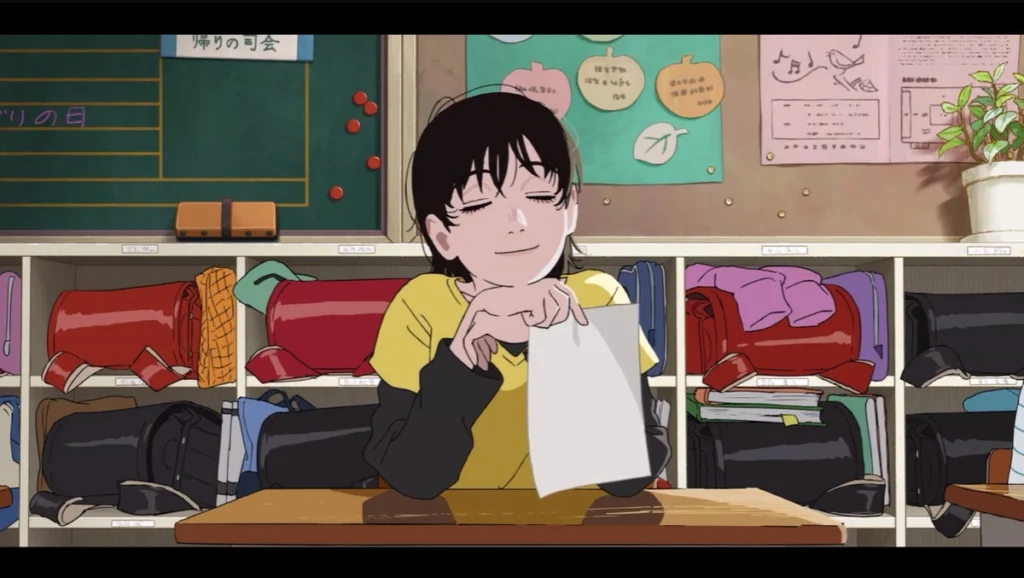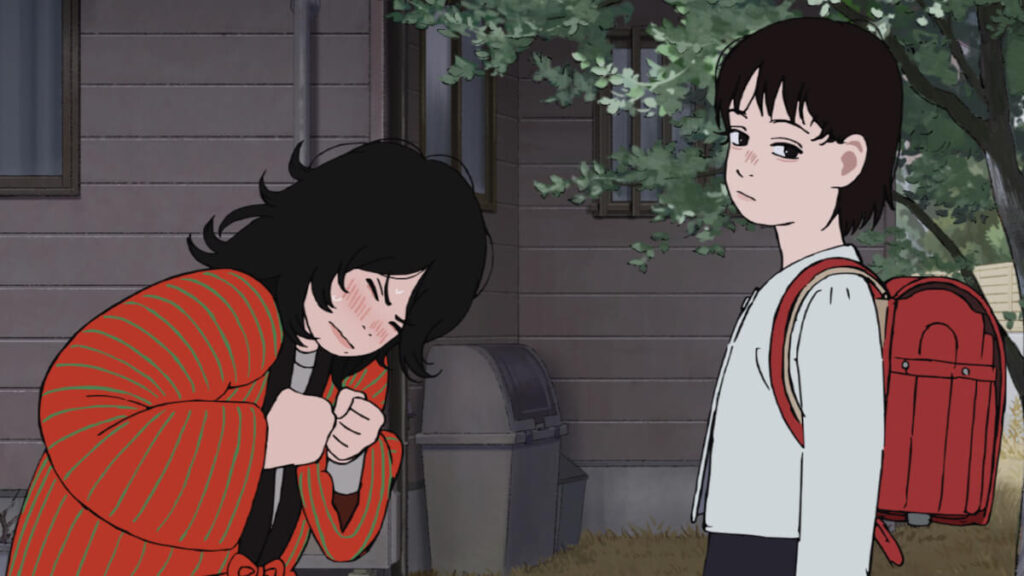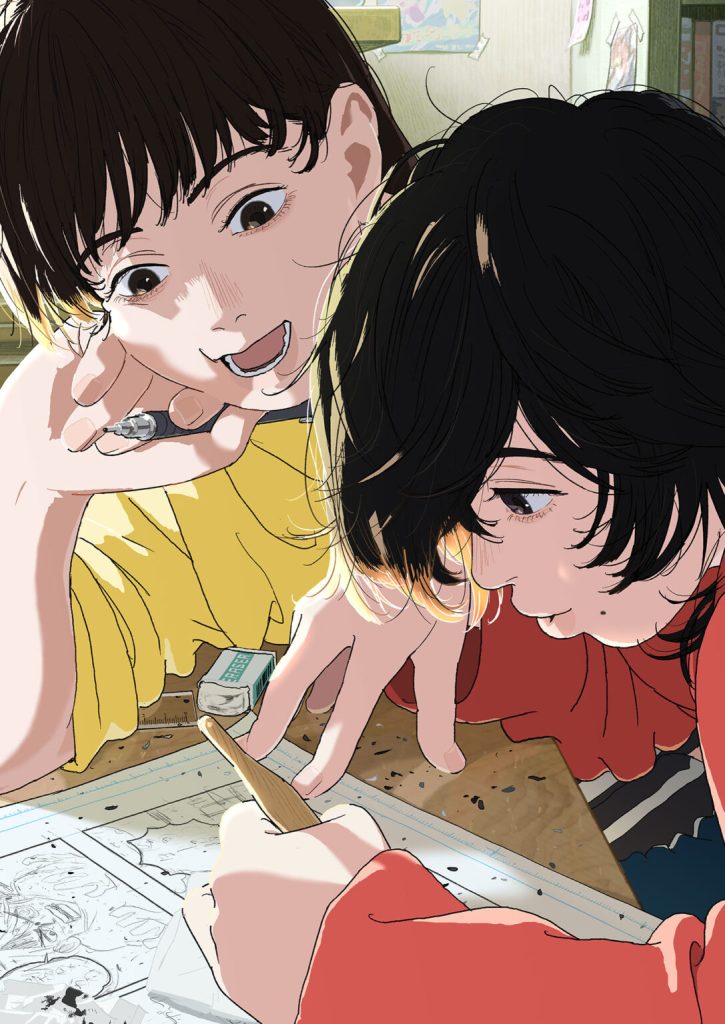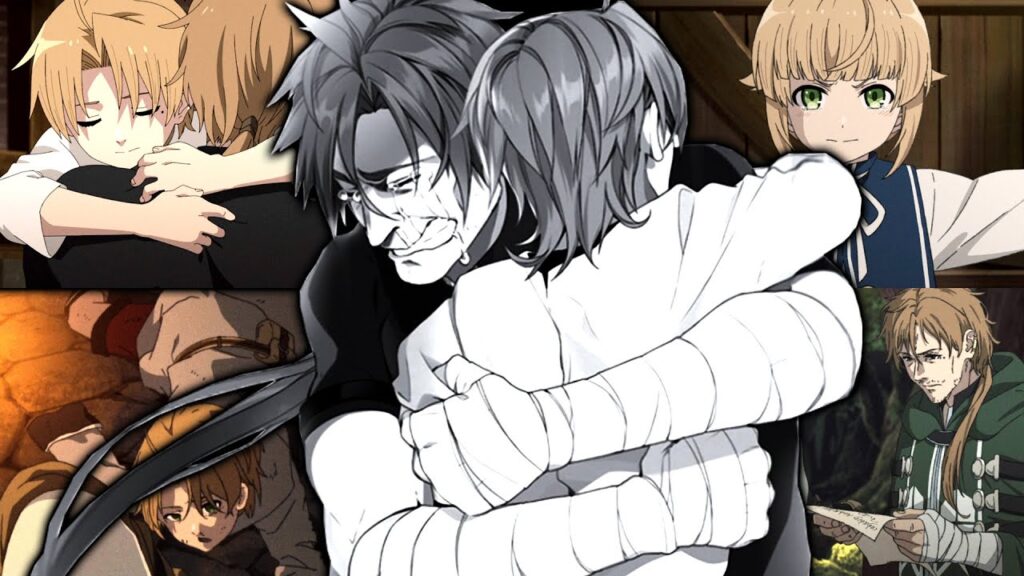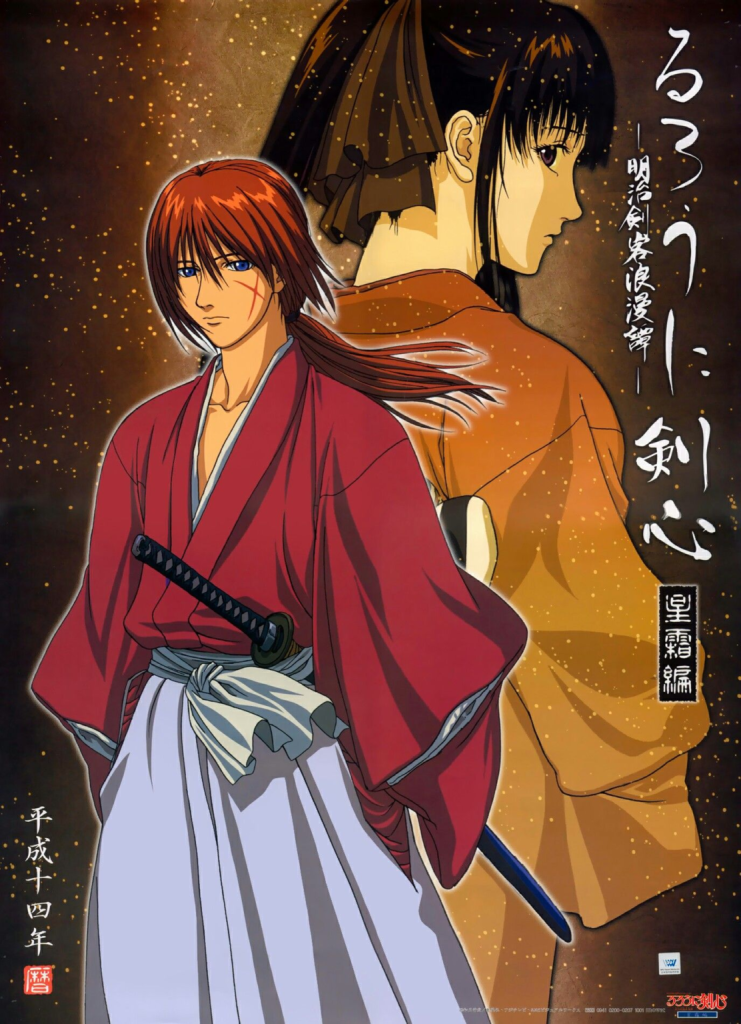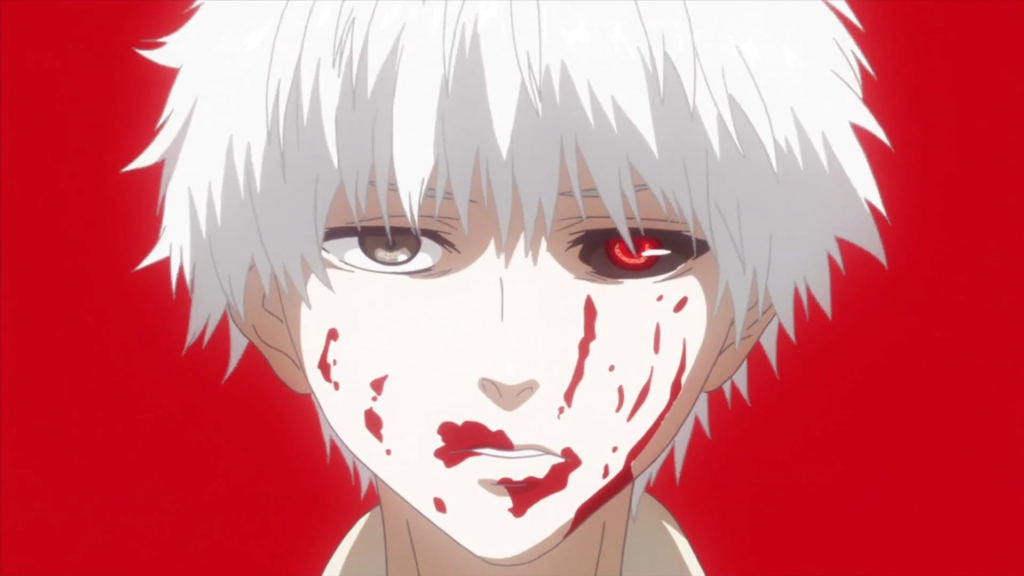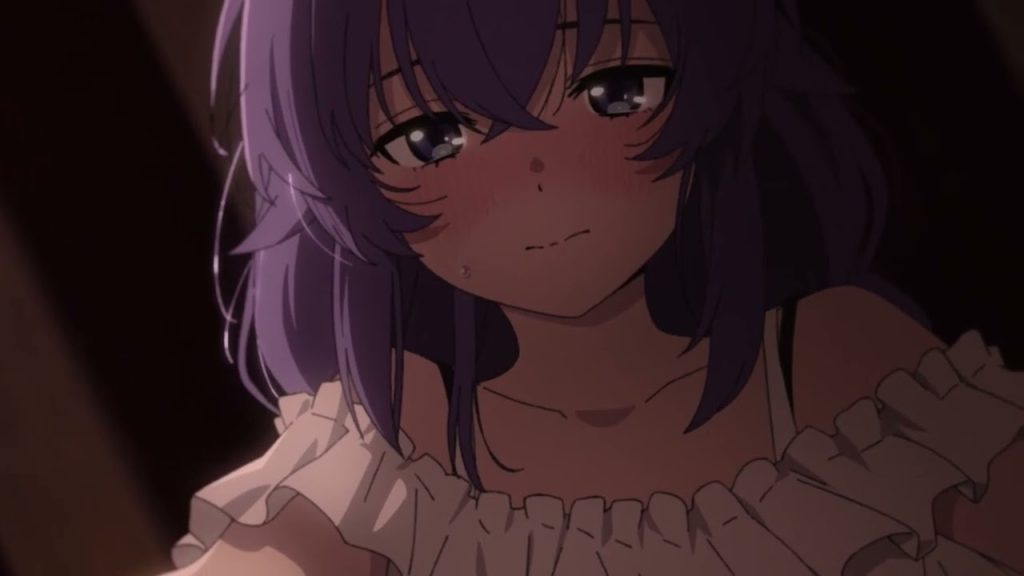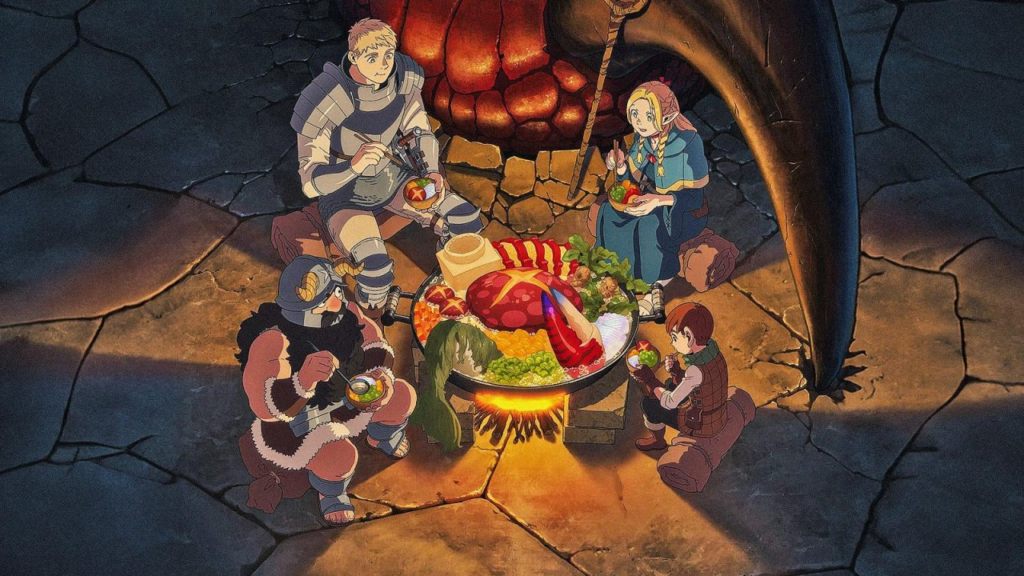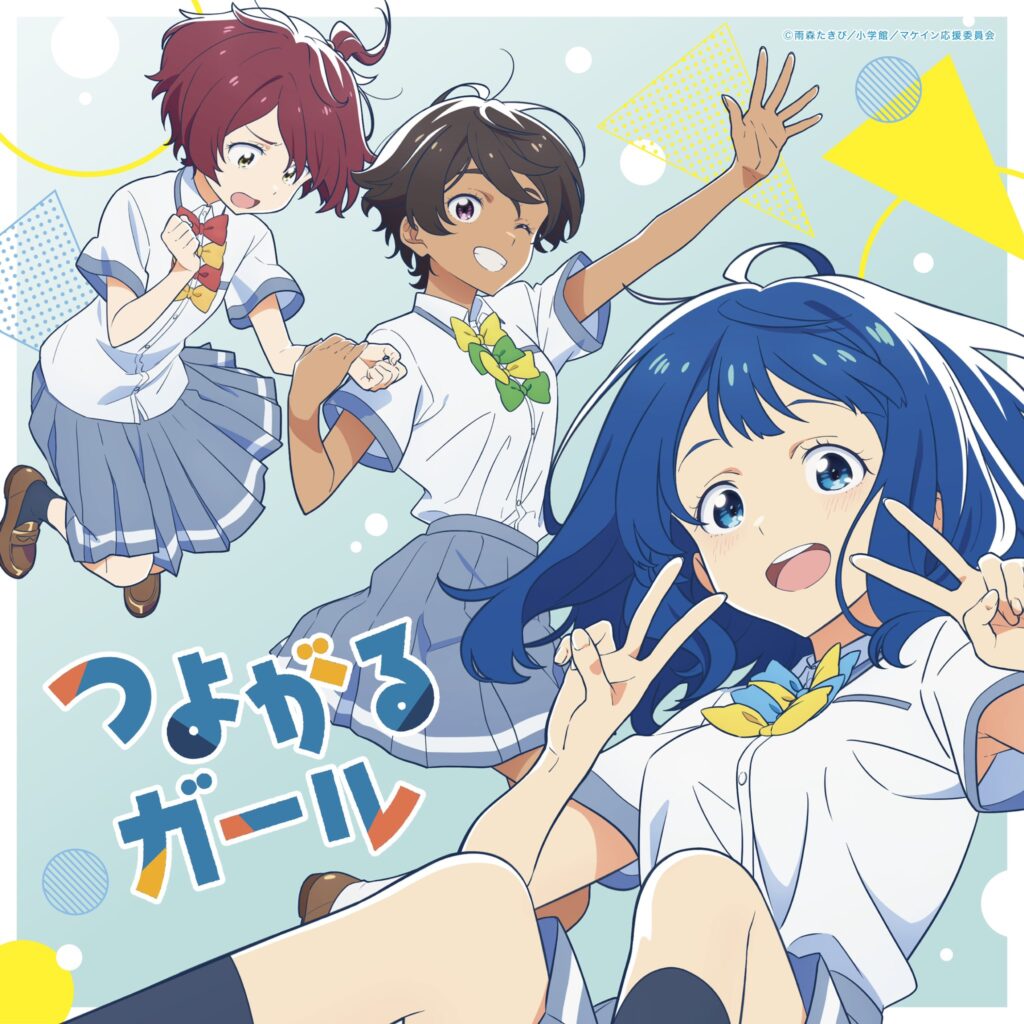Though the Reflection OVA stirred controversy among many for altering the core of both the characters and the story, delivering a deeply polarizing ending, there’s another side to it. In some ways, director Kazuhiro Furuhashi’s vision offered me fresh perspectives on the narrative and characters—angles I hadn’t fully explored or felt before. I’ve always believed a story can be viewed through multiple lenses. So, in this piece, I’ll dive deeper into Furuhashi’s vision as presented in Reflection, to unpack what he aimed to convey to the audience.
Context Through Trust & Betrayal
Understanding Reflection hinges on how you perceive the Trust & Betrayal OVA. Beyond emphasizing Kenshin’s guilt over taking countless lives, much like its predecessor, Reflection uses Kaoru’s love story to reflect facets of Kenshin’s humanity. This isn’t the cheerful, kind-hearted Kenshin we know; instead, he’s more detached, weighed down by the sins of his past.
Love as a Catalyst
For me, the best love stories are those that push characters to change and grow. That’s why Kenshin and Kaoru’s relationship shines brightest in the Jinchu Arc. Here, the focus shifts to Kenshin confronting the consequences of his actions—planting seeds of hatred in Enishi by unintentionally ending Tomoe’s life—while Kaoru and Enishi grapple with their own struggles and hidden truths. This makes Reflection not just about Kenshin’s journey of atonement, but also his quest for redemption.
I see Kaoru’s feelings for Kenshin stemming from her understanding of his true nature, forged through witnessing his battles. Through her eyes, I grasped the gravity of each fight Kenshin endured—not just about defeating villains or protecting friends, but about holding fast to his ideals as enemies tried to awaken the killer within him. The toll was exhaustion, both physical and mental. No matter what Kenshin did, his past clung to him relentlessly, a remnant of a bygone era. Learning of his history spurred Kaoru to actively ease his pain and guilt.
A Pivotal Moment
That’s why the moment Kaoru shields Kenshin from Enishi’s blade left such an impression on me—the characters’ emotions were portrayed so vividly. A guilt-ridden Kenshin, ready to accept Enishi’s punishment, is instead protected by Kaoru, who steps in front of the sword meant for him. Her act forces Enishi to hesitate.
Enishi’s Inner Conflict
Watching Kaoru’s devotion to Kenshin throws Enishi into turmoil. He’s always seen Kenshin as the one who stole his happiness, stripping away what he cherished most. Drowning in hatred for so long left him isolated, unable to comprehend love. Seeing Kaoru’s sacrifice shatters him—if he strikes her down, how is he any different from the man he deems a criminal deserving of punishment?
The loss of his sister plunged Enishi into loneliness and rage, but in the end, he abandons his revenge, gaining nothing from his vendetta. Unlike Kenshin, who takes accountability for his mistakes and seeks atonement, Enishi’s path ends empty-handed. Kenshin, meanwhile, finds peace and happiness with Kaoru, learning to treasure her love. Though the Jinchu Arc is only partially adapted in the OVA, it still captures the emotional arcs of these characters facing their struggles head-on.
A Flawed Turn
Despite its strengths, Reflection isn’t flawless. After Kenshin finally achieves the peaceful life he longed for, he suddenly decides to wander again, helping those suffering loss and pain. What puzzles me is: what drives this shift in Kenshin?
To unpack this, let’s look at Kaoru. Battles against Jine, Shishio, and Enishi showed her the burdens Kenshin carries, fueling her desire to stand by him and help him overcome his guilt. This makes her wish for Kenshin to “share” his illness with her incredibly convincing to me—she wants to shoulder his pain alongside him, offering comfort and support. Every event shapes Kaoru’s growth, making her later choices relatable and heartfelt.
Kenshin’s Unexplained Choice
But for Kenshin, I’m left wondering: why abandon the peace he’s found? What sparks this new desire? Reflection doesn’t provide answers, leaving his later actions feeling unconvincing. No clear event or development justifies his shift toward helping others after achieving the life he dreamed of.
I get what Furuhashi might have intended—even with happiness alongside Kaoru, Kenshin questions if he’s done enough to atone for his past. How does he know when it’s enough, when his redemption is complete? Helping more people could be his way of finding that certainty, of truly making amends. Still, I wish this idea had been conveyed more persuasively and fully, rather than rushed and vague, inadvertently clashing with the redemption theme Reflection aims for.
A Mixed Legacy
This flaw partly undermines the story Furuhashi wanted to tell, perhaps contributing to why Reflection remains so divisive. I won’t deny there are gaps in its delivery that make Kenshin’s motivations hard to fully grasp. Yet, that frustration eases somewhat as later moments steer the narrative back to its core theme.
The Meaning of Reflection
Reflection, true to its name, is a meditation on fragments of Kenshin’s journey. He’s saved and changed countless lives, with others aiding him through his trials. But his guilt blinds him to the good he’s done, wearing him down body and soul. In the end, those he helped—Yahiko, Sanosuke, and Megumi—bring him back to Kaoru, the one who partially redeemed him.
The cross-shaped scar on Kenshin’s face is a constant reminder of his atonement, a debt for the lives he took. Yet, it also hints at his inability to find peace or forgive himself. Returning to Kaoru grants him a fleeting calm, and in that moment, he’s genuinely happy—smiling without the shadow of torment. He passes peacefully in her arms, his scar fading, suggesting he’s finally found inner peace, his atonement complete.
A Bittersweet Conclusion
Kenshin’s death may feel bitter to many, but to me, it’s a beautiful end—freeing him from the wounds and suffering he bore. Though flawed, Reflection delivers a profound story, stunning visuals, and a stirring soundtrack, leaving me with a rollercoaster of emotions. Longtime fans or those fresh off the 1996 anime should give these OVAs a chance.

